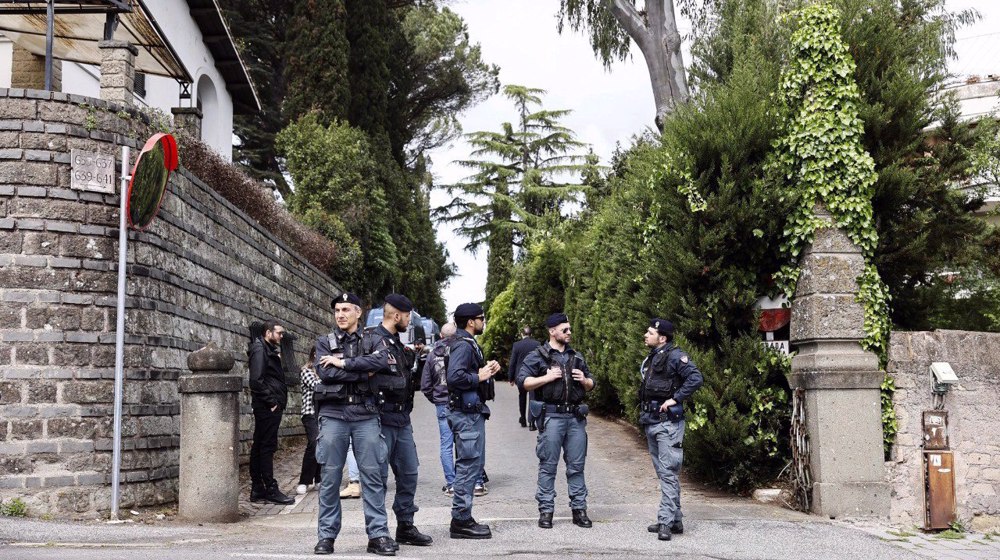Iran, US to Resume Nuclear Talks in Rome Amid Deep Divisions
Omani Foreign Minister Badr Albusaidi announced the talks on Wednesday on X, while Iran’s FM spokesperson Esmaeil Baqaei confirmed Tehran’s acceptance of Oman’s proposal to convene the latest round in the Italian capital.

ERBIL (Kurdistan24) — Iran and the United States are set to resume their high-stakes nuclear negotiations this Friday in Rome, marking the fifth round of indirect talks since April 12, with Oman once again serving as mediator. Both Tehran and Muscat confirmed the upcoming session, which is seen as a last-ditch effort to revive a nuclear accord.
Omani Foreign Minister Badr Albusaidi announced the talks on Wednesday via a post on X, while Iran’s Foreign Ministry spokesperson Esmaeil Baqaei confirmed Tehran’s acceptance of Oman’s proposal to convene the latest round in the Italian capital.
The 5th round of Iran US talks will take place in Rome this Friday 23rd May.
— Badr Albusaidi - بدر البوسعيدي (@badralbusaidi) May 21, 2025
The talks aim to secure a new agreement that would limit Iran’s nuclear activities in exchange for substantial sanctions relief. However, stark differences remain unresolved, with the central issue being Iran’s uranium enrichment program — which Western nations suspect is a cover for developing nuclear weapons, a claim Tehran vehemently denies.
In recent days, Iran’s Supreme Leader, Ayatollah Ali Khamenei, cast doubt over the effectiveness of the negotiations, warning that they may not yield any results. “We don’t think it will lead to any outcome. We don’t know what will happen,” Khamenei said, criticizing the longstanding U.S. stance against Iran’s uranium enrichment as a “big mistake.”
Tensions escalated further after U.S. negotiator Steve Witkoff reiterated Washington’s uncompromising position in a May 9 interview, declaring, “An enrichment program can never exist in the state of Iran ever again. That’s our red line.”
Iran responded firmly. Foreign Minister Abbas Araghchi stated that the Islamic Republic will continue enriching uranium “with or without a deal.” Currently, Iran enriches uranium to 60% purity—well beyond the 3.67% limit set in the original 2015 Joint Comprehensive Plan of Action (JCPOA), yet still short of the 90% threshold required for a nuclear weapon.
The JCPOA, signed in 2015 between Iran and six world powers, provided Tehran with economic relief in return for curbing its nuclear program under strict UN monitoring. However, the deal unraveled after U.S. President Donald Trump withdrew from it in 2018 and reinstated sweeping sanctions on Iran’s oil and banking sectors.
In retaliation, Iran gradually reduced its compliance with the deal. Now, with time running out and trust eroding, European signatories—Britain, France, and Germany—are reportedly considering triggering the "snapback" mechanism, which would restore UN sanctions in response to Iranian violations.
Tehran has warned that such a move could provoke “irreversible” consequences for future diplomatic engagement.
As negotiators prepare for Friday’s meeting in Rome, both sides appear entrenched in their positions. Yet the stakes remain high: a successful outcome could help avert a deepening crisis in the Middle East and restore a measure of stability to global non-proliferation efforts. Failure, however, may push the region closer to confrontation.
